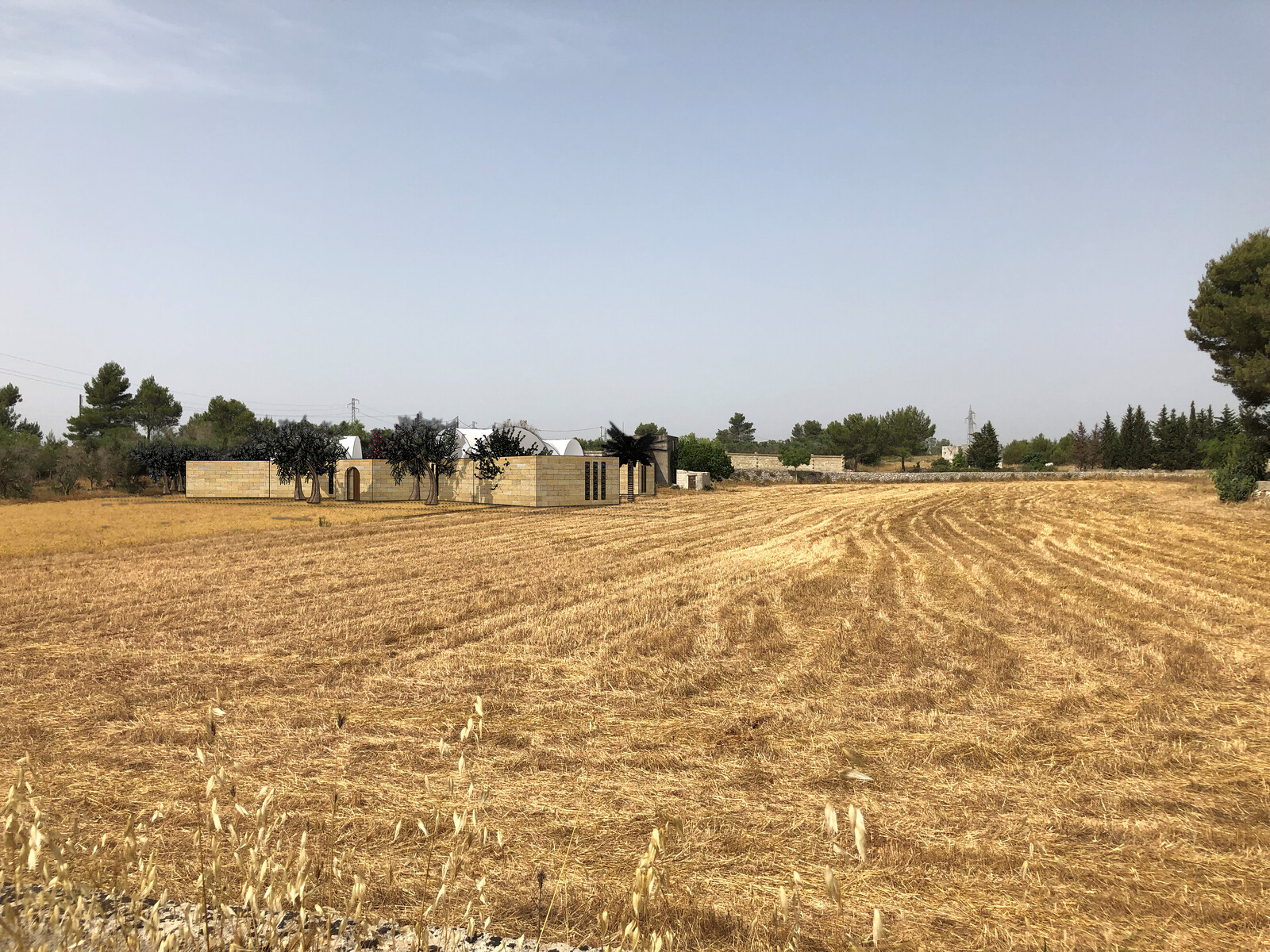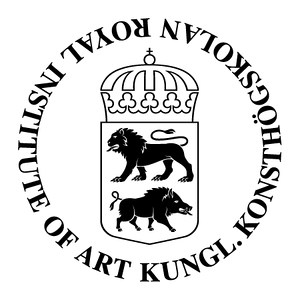Application deadline: April 20, 2023
Decolonizing Architecture Advanced Course—DAAS—at the Royal Institute of Art in Stockholm is a year-long research-based course that uses the term ”decolonization” as a critical position and conceptual frame for an architectural and artistic research practice, engaged in social and political struggles. The course is intended for those with studies or experiences in architecture, art, artistic research, curating, commons, ecological farming, or activism.
The fundamental pedagogical approach of the course is based on the articulation of sites, concepts, and people. Each participant is asked to choose a particular site, understood as a site of action and a site of knowledge. Concepts emerging from the site provide a grounded theoretical approach to the practice. Every year, a new theme and collective site is proposed as a starting point for collective projects.
Course content
Al Masha—Rural Commons. The Arabic term “Al Masha” refers to communal land equally distributed among farmers. Al Masha can only exist if people have decided to cultivate the land together. The moment they stop cultivating this land, they lose possession of it. Thus, in order for Al Masha land to come into being, it must be activated and its possession continuously enacted by common use. Today we may ask: is it possible to reactivate the cultivation of the rural commons, expanding the meaning of cultivation to other human activities that imply a common taking care of life?
During the process of modernization, rural commons have been marginalized: they were considered unproductive, inefficient, and corrupt. Founded on local trust and reciprocity, kinship and friendship, rural commons were threatening the centralized and abstract constitution of the nation-state. Today, due to the economic, environmental, and humanitarian catastrophe created by the modernist fundamentalism of endless exploitation, progress, and salvation, the rural commons have regained interest, challenging the stereotypical image of the rural as being trapped between conservative politics and traditionalism.
In the south of Italy, the concept of “restanza”—a combination of the words ”resistere” (to resist) and “restare” (to stay)—is reclaiming a different practice and view for people who decide to live in rural areas. This is not a conservative or nostalgic choice, but rather a transformative experience open to a renewed relation with the environment, food production and migration.
Course structure
This year, the DAAS course’s collective site of investigation is a four-hectare plot of land located in Diso in the south of Italy, co-owned by a group of artists, curators, designers, and researchers interested in exploring collective forms of inhabitation and agroforestry. The land is cultivated in collaboration with Casa delle Agriculture, an organisation composed of farmers, artists and activists aiming to revive abandoned lands; repopulate the countryside; generate solidarity-based economies; and build new cultural and social models of living together. Participants of the DAAS course will be asked to expand the possibilities of rural commons. The course will start with Notte Verde: Agricultures, Utopias and Community, a festival dedicated to the environment and ecological agriculture, to be held during August 29–31, 2023 and will end in Borgo Rizza, Sicily in the spring of 2024 with a colloquium that will take place in the former building of the Entity of Colonization of Sicilian Latifundium.
The course is conducted through compulsory scheduled teaching periods of one week per month with independent studies and group work in between. The course ends with a public presentation. Course participants should be open to experimental forms of collective production which challenge individual authorship, and to an open-ended process oriented towards material and immaterial outcomes. Decolonizing Architecture Advanced Course offers a unique opportunity for participants to join an international community of practitioners interested in developing a self-driven research-based experimental artistic and architectural practice.
For more information on how to apply, see the webpage of the Royal Institute of Art. To find out more, visit the students blog archive.



